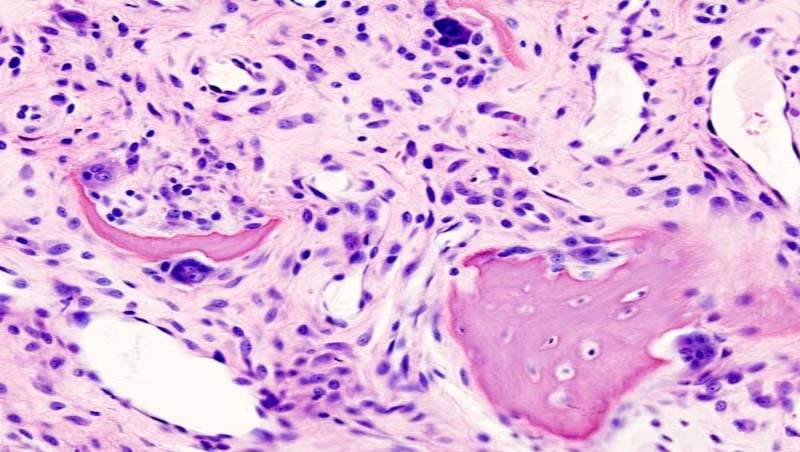
The US Food and Drug Administration (FDA) has granted approval for specialist pharmaceutical firm Flexion Therapeutics’s Zilretta for the treatment of osteoarthritis (OA) knee pain.
Also known as degenerative joint disease or ‘wear and tear’ arthritis, OA is a progressive and incurable condition that is currently the most common form of arthritis.

Discover B2B Marketing That Performs
Combine business intelligence and editorial excellence to reach engaged professionals across 36 leading media platforms.
The condition accompanies a range of symptoms, from intermittent discomfort to the loss of function and severe chronic pain associated with irreversible structural damage.
Zilretta (triamcinolone acetonide extended-release injectable suspension) is the first and only extended-release, intra-articular injection used to treat patients with OA knee pain.
The non-opioid therapy employs the company’s advanced microsphere technology to provide effective pain relief over 12 weeks.
Flexion Therapeutics president and chief executive officer Dr Michael Clayman said: “The approval of Zilretta marks a major advancement in the treatment landscape for managing OA knee pain.

US Tariffs are shifting - will you react or anticipate?
Don’t let policy changes catch you off guard. Stay proactive with real-time data and expert analysis.
By GlobalData“It comes at a time when our society is in urgent need of non-addictive therapies to help the millions of Americans who suffer from this condition.
“We believe that Zilretta has the potential to be a transformative medicine for the more than five million patients who receive an intra-articular injection for OA knee pain each year.”
The current approval for the treatment is based upon data obtained from the US-based pharmaceutical company’s pivotal randomised, double-blind, Phase III clinical trial that involved 484 patients at 37 centres worldwide.
Flexion Therapeutics expects the treatment to be available in the US by the end of this month.
Image: Histopathology of osteoarthrosis of a knee joint in an elderly female. Photo: courtesy of KGH.




